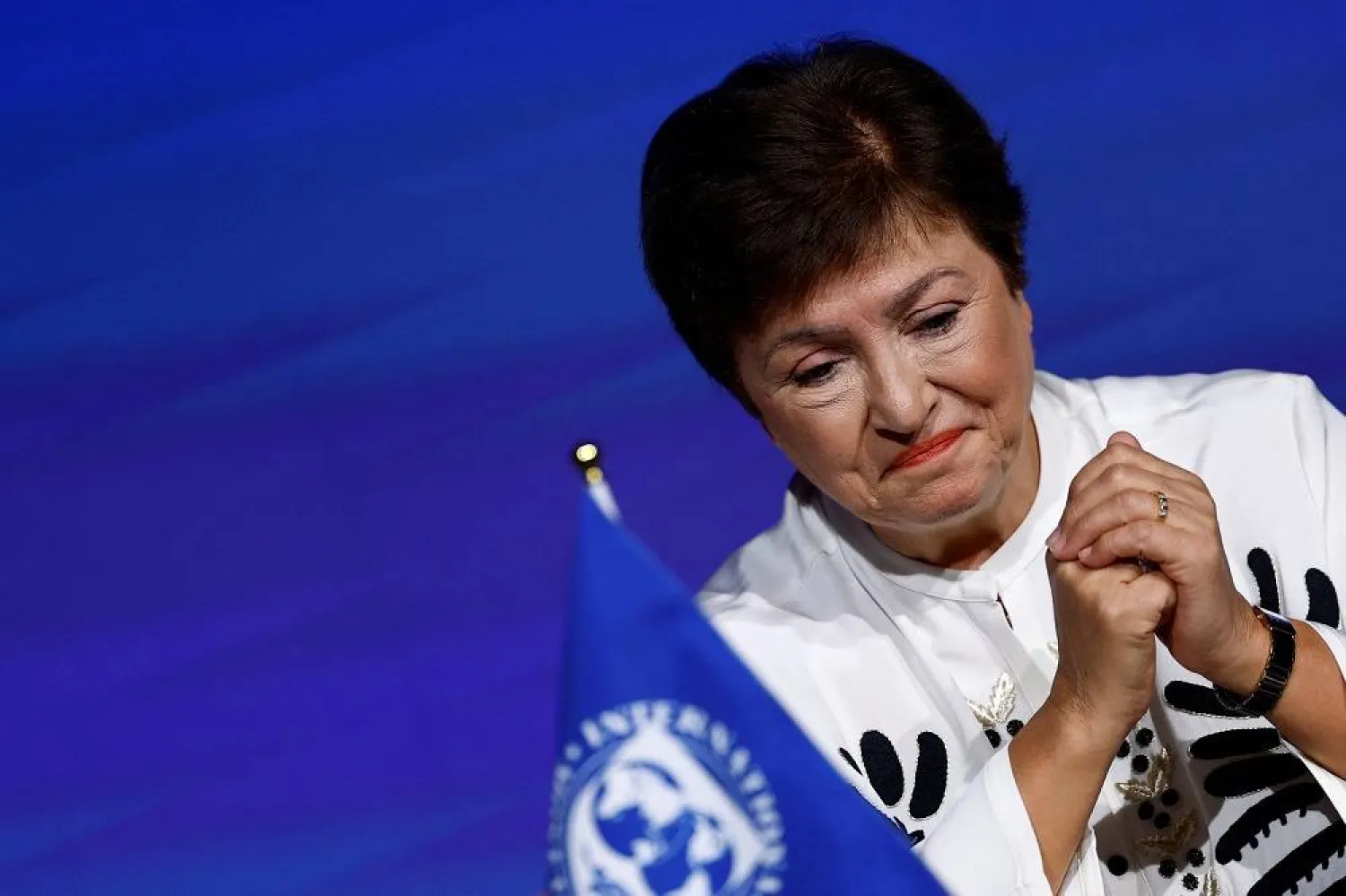The raging war between Israel and Hamas is already battering the economies of nearby countries, the managing director of the International Monetary Fund told a Saudi investor forum on Wednesday.
"You look at the neighboring countries -- Egypt, Lebanon, Jordan -- there the channels of impact are already visible," Kristalina Georgieva said at the Future Investment Initiative (FII) in the Saudi capital Riyadh.
The Palestinian militant group Hamas staged a shock attack on Israel on October 7, killing more than 1,400 people and taking 222 hostages, according to Israeli authorities.
Israel has responded with withering air strikes and a near-total land, sea and air blockade of Gaza, where the Hamas-run health ministry says 5,791 people have been killed in the war so far.
Georgieva spoke one day after Wall Street titans told the forum that the war could deal a heavy blow to the global economy, especially if it draws in other countries.
"What we see is more jitters in what has already been an anxious world," Georgieva said.
"You have tourism-dependent countries -- uncertainty is a killer for tourist inflows," she said, describing the potential economic cost for countries in the region before listing specific risks.
"Investors are going to be shy to go to that place. Cost of insurance -- if you want to move goods, they go up. Risks of even more refugees in countries that are already accepting more."









